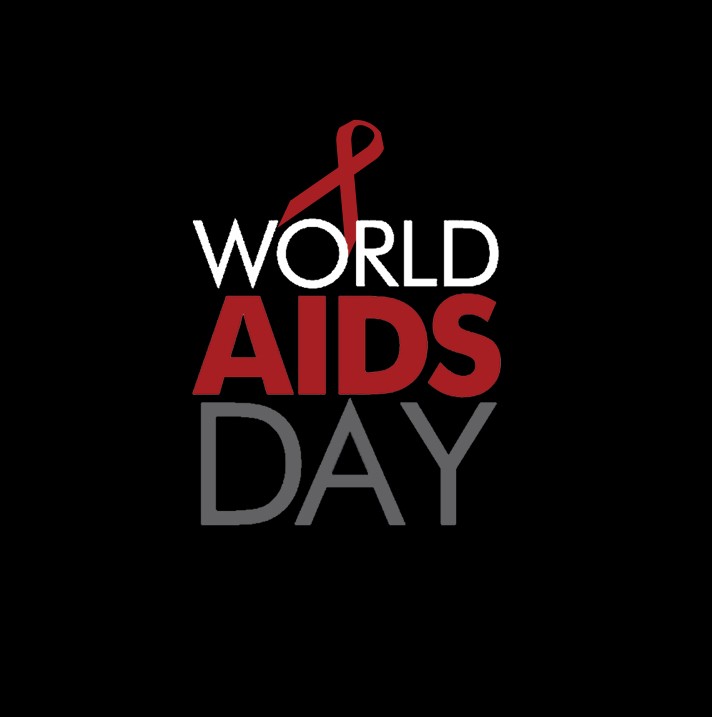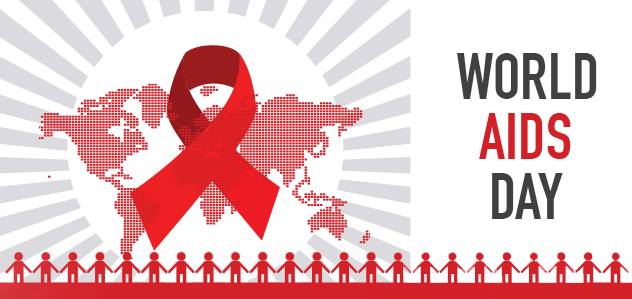“Men and women flood our local village office with their HIV+ card dreaming to join our ministry and fight this battle with hope. As we conduct numerous HIV training courses and educational seminars, individuals are realizing they don’t need HIV to define them. They have worth. They have a voice. And the fact is, their life is not over. The future is bright. It is not about being HIV+, but living positively.”
~Kelsey Hargadine, co-founder
Think Positive: Rethink HIV
This World AIDS Day, National AIDS Trust (NAT) is challenging people to rethink outdated stereotypes, challenge myths and be positive about HIV, with our ‘Think Positive: Rethink HIV’ campaign.
– Effective treatment can mean that people living with HIV are no longer infectious.
– People living with HIV can have a normal life span if diagnosed and treated in time.
– People living with HIV are able to become parents of a HIV-negative child.
– There is no job someone can’t do specifically because they have HIV.
What is World AIDS Day?
World AIDS Day is held on the 1st December each year and is an opportunity for people worldwide to unite in the fight against HIV, show their support for people living with HIV and to commemorate people who have died. World AIDS Day was the first ever global health day, held for the first time in 1988.
Why is World AIDS Day important?
Globally there are an estimated 34 million people who have the virus. Despite the virus only being identified in 1984, more than 35 million people have died of HIV or AIDS, making it one of the most destructive pandemics in history. World AIDS Day is important because it reminds the public and Government that HIV has not gone away – there is still a vital need to raise money, increase awareness, fight prejudice and improve education.
(World AIDS Day. (n.d.). Retrieved December 1, 2015, from http://www.worldaidsday.org/about)
HIV and AIDS in Uganda
In 2013, an estimated 1.6 million people were living with HIV, and an estimated 63,000 Ugandans died of AIDS-related illnesses. As of 2013, the estimated HIV prevalence among adults aged 15 to 49 stood at 7.4%. Robust treatment and prevention initiatives have been implemented in recent years, leading to improved conditions for people living with HIV. Due to the implementation of antiretroviral treatment throughout the country there has been a gradual increase in the number of people living with HIV receiving treatment. However, as of 2013 more than 60% of adults living with HIV were still not on treatment.
Antiretroviral treatment (ART) in Uganda
A survey in 2013 reported 1,478 health facilities in operation in Uganda offering antiretroviral treatment (ART) and that by 30 September 2013, nearly 800,000 people living with HIV were enrolled on treatment. According to the 2010 World Health Organisation (WHO) guidelines for ART, the proportion of all ART-eligible people living with HIV that were on treatment by the end of September 2013 in Uganda was 69.4%. However, the introduction of the 2013 WHO treatment guidelines mean that ART access now only stands at 40% for adults and 22% for children.
Social stigma and discrimination
The People Living with HIV Stigma Index 2013 reported experiences of both external and internal stigma. The index states that the most common forms of external stigma and discrimination directed at people living with HIV are gossip at 60%, followed by verbal harassment, insults and or threats at 37%, and other methods at 21.5%.
The future of HIV and AIDS in Uganda
For successful mitigation of Uganda’s severe HIV epidemic, a series of comprehensive health, political and social strategies will need to be implemented. The country has a set of specific goals to work towards including the delivery of lifesaving antiretroviral treatment to 15 million people living with HIV and to eliminate new HIV infections among children by the close of 2015.
(http://www.avert.org/professionals/hiv-around-world/sub-saharan-africa/uganda)







